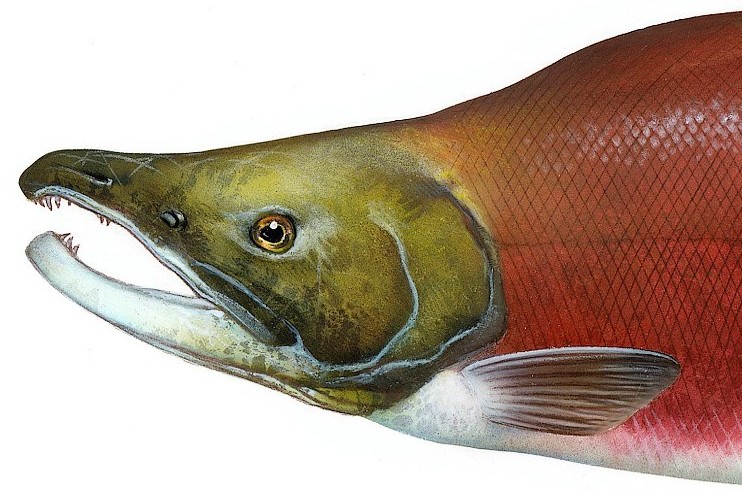As promised, this is the next in a series of posts on my thoughts about the 2016 presidential candidates. Today, I’ll cover two of the less popular candidates: Jim Gilmore and George Pataki, both of whom should just give up already.
Besides consistently polling below 1%, the two have a great deal in common. Both were governors of large states around the turn of the century: Gilmore in Virginia (1998-2002) and Pataki in New York (1995-2006). Both have considered running for President before, with Gilmore launching an exploratory committee in 2008 and Pataki trying to gin up support in Iowa in 2012. Both would have made excellent candidates in years ago and both have been out of elected office for so long that they have no real chance in 2016.
Gilmore is 66 years old and is best known in Virginia for reducing the car tax. That tax still exists down there and even my Democratic friends there still complain about it, so it must have been a real bear. After leaving office in 2002 (Virginia’s governors are term-limited) and making a failed bid for the U.S. Senate in 2008, Gilmore has served on various boards and contributed to Fox News. He made a good impression in the first Republican debate, but he was in the secondary group that received far less attention. He seems eminently qualified, but I can’t help thinking that being out of office for thirteen years has diminished the voters’ awareness of him to the vanishing point. I don’t know why he’s still running.
Pataki, at 70, is the oldest candidate in the Republican race (Trump is next oldest at 69). He served three terms as Governor of New York, having defeated lefty icon Mario Cuomo in 1994, a great year for Republicans. He was about as conservative as a New York Republican can be, bringing back the death penalty and cutting taxes while being more to the left of the national party on the environment and gay issues. Pataki was reelected twice and retired from the state house in 2006. After declining a run at the Senate in 2010, Pataki has been around, but not in office. In 2008, he probably would’ve made a good candidate. In 2016, having not run for office in fourteen years, he, too, has been forgotten by many voters. His debate performance stood out to me mostly for his enthusiastic endorsement of NSA surveillance. I don’t know why he’s still running.
Both of these men have decent credentials, but their time has come gone. The best thing they would do is drop out, endorse somebody more popular, and work to keep the party from nominating Donald Trump. But I think it will take a few more undercard debates to drive it home to them.
